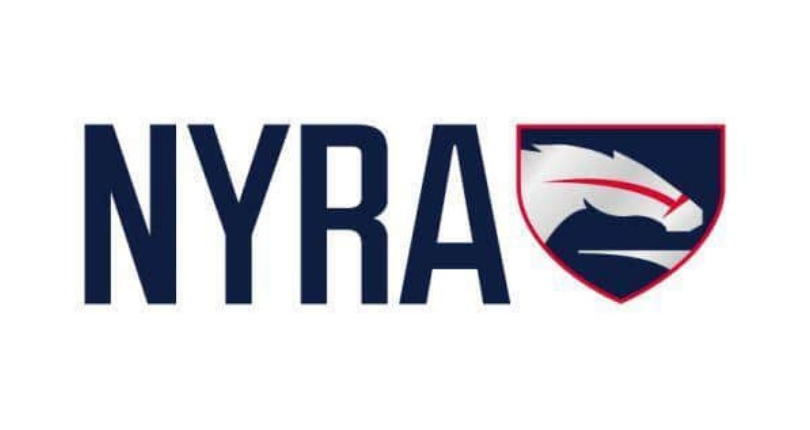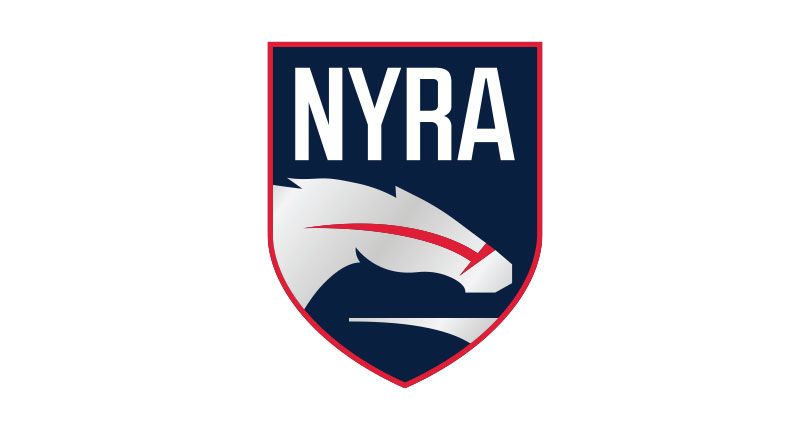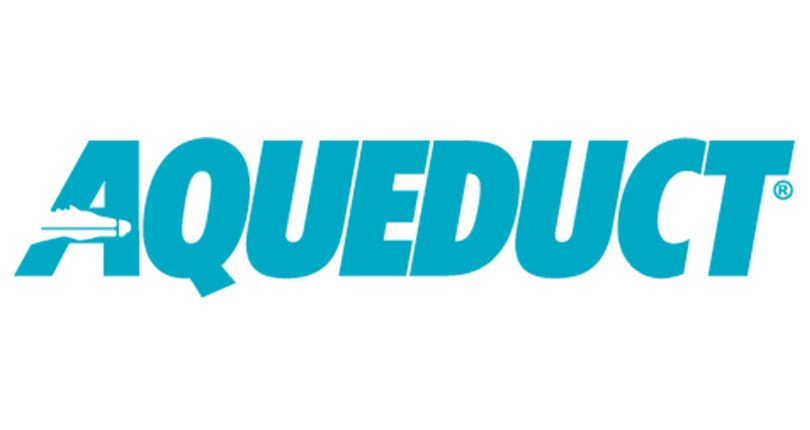
by Pat McKenna
The New York Racing Association, Inc. (NYRA) today announced the passing of renowned track photographer Bob Coglianese, whose work from Belmont Park, Saratoga Race Course and Aqueduct Racetrack, served as the standard of excellence in racing photography for a generation.
Coglianese, who had been ill for several months after a fall requiring surgery, died on Friday in Boynton Beach, Florida. He was 88.
As NYRA’s official track photographer for more than 50 years, Coglianese was noted for iconic images of horses from Kelso and Dr. Fager to Secretariat, Affirmed and Cigar, and most of all for his iconic head-on shot of Secretariat in the 1973 Belmont Stakes, which Sports Illustrated called the greatest racing photo of the 20th century.
“Bob Coglianese was a giant in the world of racetrack photography, with his images among the best ever taken of thoroughbred racing,” said Dave O’Rourke NYRA President and CEO. “Bob combined an extraordinary work ethic with a knack for innovation and a passion for the sport. He was a master at the craft and a mentor to countless photographers working today. NYRA offers our condolences to Bob’s family and friends, and we look forward to honoring his memory in the months ahead.”
Secretariat, with jockey Ron Turcotte up, won the 1973 Belmont Stakes by an astounding 31 lengths to become racing’s ninth Triple Crown winner, and Coglianese’s memorable head-on shot captures the magnitude of what many consider to be the greatest racing performance ever. The image still crops up in books and magazine features and is commemorated in a floor-to-ceiling mural on the first floor of the Belmont Park grandstand.
As was his style, Coglianese underplayed how he happened to get the shot. “It was a big race, it was the Belmont Stakes, and there was a photo stand over there and I was on it, shooting the race,” he said in 2018. “It just so happened I got that shot.”
Coglianese earned two Eclipse Awards for excellence in racing photography, in 1972 and 1980. Modest and armed with a prodigious memory for racing, Coglianese in retirement was found most summers at Saratoga Race Course, where fans purchasing one of his prints would get his recollections of the particular horse, jockey or race pictured.
Coglianese was part of NYRA’s small and elite fraternity of official photographers with roots going back more than than a century. In 1952, while in his teens, he went to work at the New York tracks, assisting his uncle, Mike Sirico, who had been a NYRA photographer since 1920. Sirico had been brought into the game as an apprentice to famed Charles C. [C.C.] Cook, whose New York track photos date to the very first years of the 20th century.
In 1955, Sirico took over as NYRA’s official photographer. Coglianese assumed the role in 1962, and was succeeded by his son, Adam, who holds the position today. Along the way, Bob Coglianese’s pictures became memorable not just for all the famous horses and races he covered from Belmont Park, Aqueduct Racetrack and Saratoga Race Course as well as Gulfstream Park in the winter, but sometimes as historical documents that demonstrate how racing has evolved.
On March 14, 1969 at Aqueduct, Coglianese was on hand to record Barbara Jo Rubin’s victory aboard Bravy Galaxy, which made her the first female jockey to win a race in New York. And he was also there during the post parade where, as Rubin recalled a few years ago, people were yelling at her to give up racing and go home. He was also there afterwards when Rubin was warmly congratulated by future Hall of Famer Angel Cordero; the photo of the two of them appeared in newspapers around the country and signaled an acceptance of Rubin in New York that had eluded her elsewhere.
Coglianese is survived by his wife Rosalind, son Adam, grandson Ethan and daughter-in-law Tia Sozzi.
In lieu of flowers, the Coglianese family asks the horse racing community to kindly consider a donation to the Belmont Child Care Association, the Backstretch Employee Service Team or the New York Race Track Chaplaincy.
These non-profit organizations provide a host of services and support to the backstretch community in New York, and Bob valued their collective mission deeply.

Christian Abdo
Sunday’s card at Aqueduct Racetrack will be bolstered by a Pick 6 carryover of $47,706 after the multi-race wager went unsolved on Saturday’s 10-race program.

Pat McKenna
Live coverage of the lucrative Cigar Mile Day card at Aqueduct Racetrack, featuring four stakes worth $1.2 million in combined purse money, will air Saturday, December 7, as part of a special America’s Day at the Races broadcast featuring the Grade 1 Mouttet Mile from Caymanas Park in Jamaica and the $150,000 Ring The Bell from Oaklawn Park in Hot Springs, Arkansas.

Pat McKenna
The New York Racing Association, Inc. (NYRA) today announced the stakes schedule for the 2025 spring meet at Aqueduct Racetrack, which will feature 13 stakes worth $2.8 million in total purses.

Pat McKenna
The New York Racing Association, Inc. (NYRA) has canceled live racing on Thursday at Aqueduct Racetrack due to high winds forecast to impact New York City throughout the day.

Pat McKenna
The New York Racing Association, Inc. (NYRA) today announced the stakes schedule for the 49-day winter meet at Aqueduct Racetrack, which will feature 20 stakes worth $3.1 million in total purses.

Mary Eddy
In the eyes of Hall of Fame owner and breeder John Hettinger, there was no greater importance in the breeding and campaigning of racehorses than ensuring them with a proper and lifelong retirement once their racing careers came to a close.